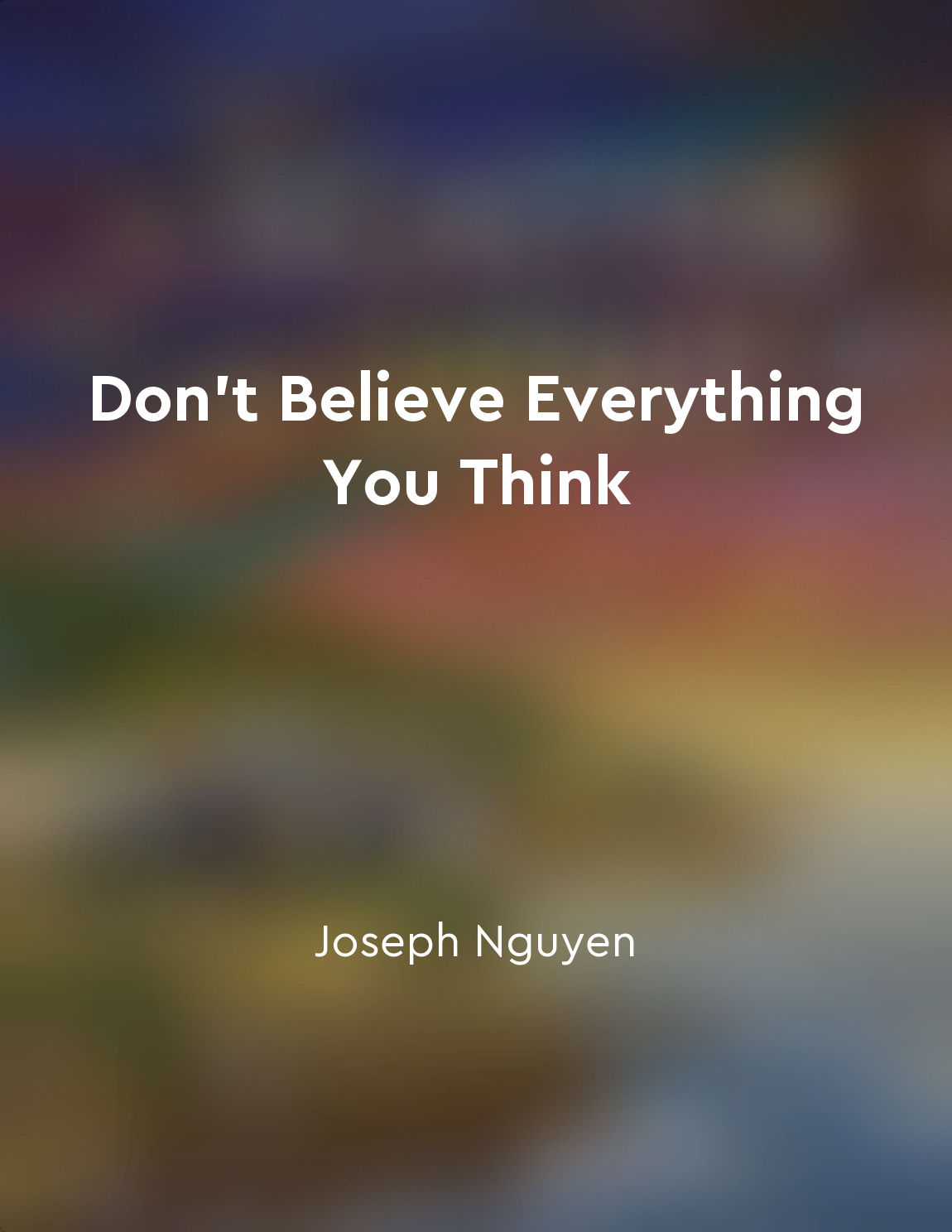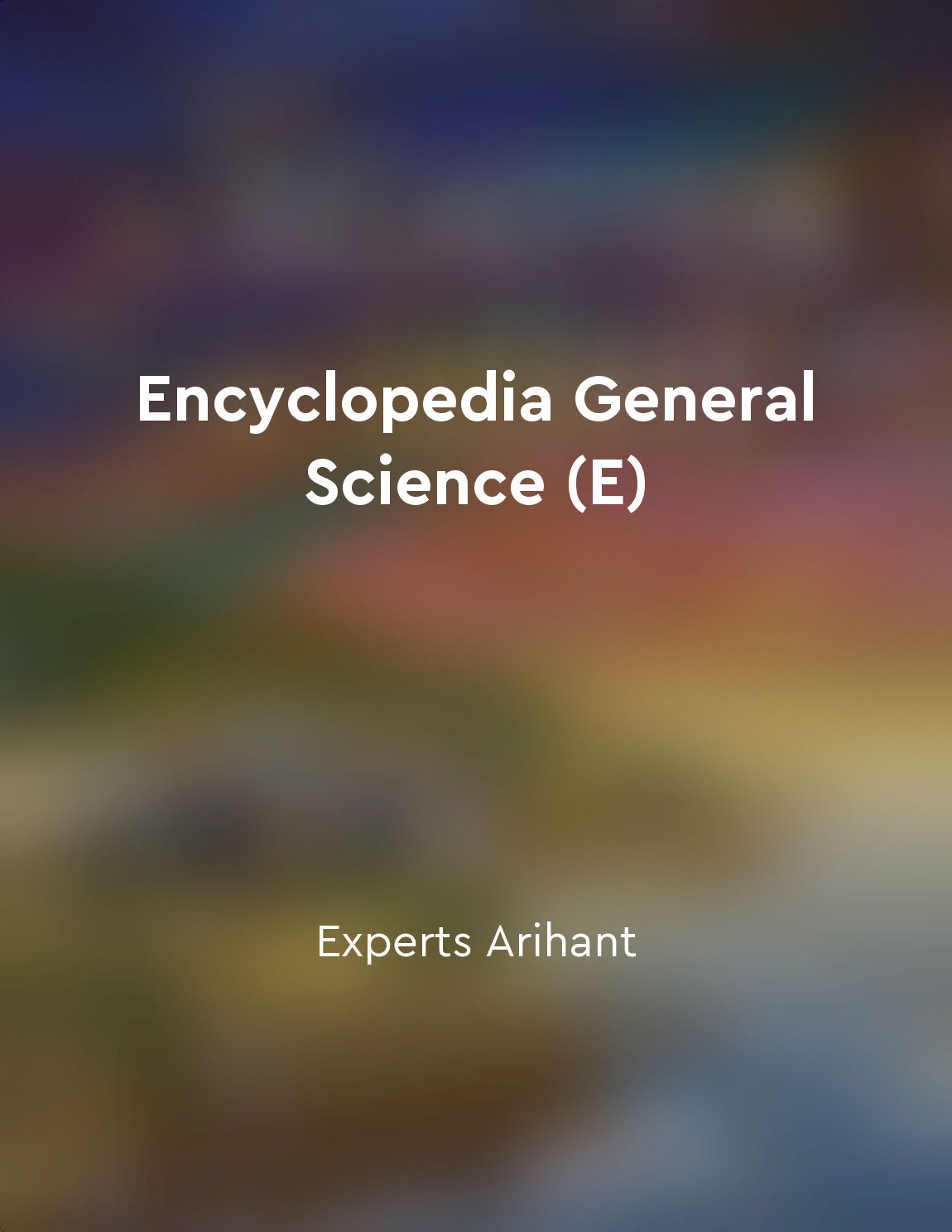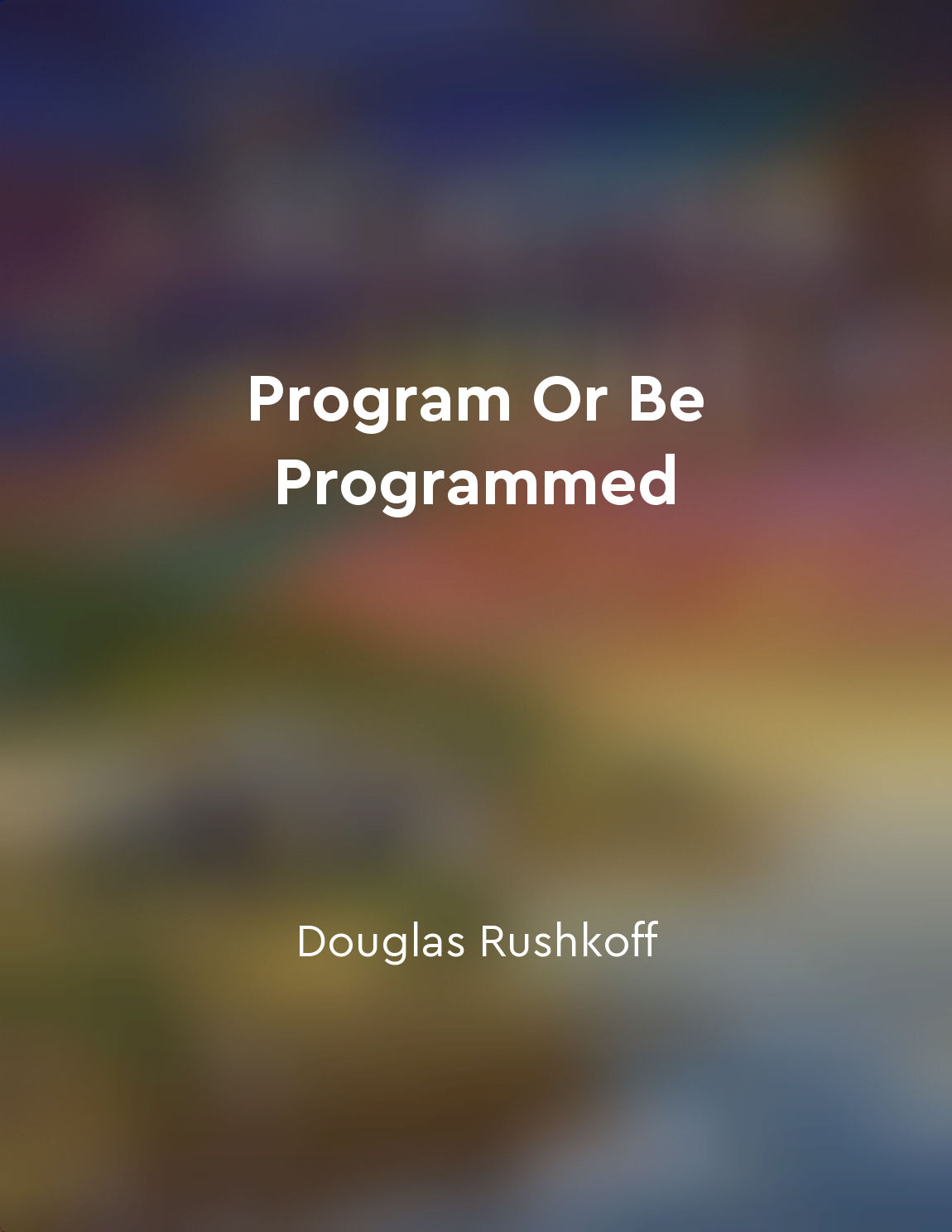Skepticism is healthy, but cynicism is detrimental from "summary" of The Death of Expertise by Thomas M. Nichols
Skepticism is a natural and necessary component of critical thinking. It encourages individuals to question assumptions, challenge authority, and seek evidence to support claims. Skepticism is an important tool in the pursuit of knowledge and the advancement of society. However, when skepticism turns into cynicism, it can have negative consequences. Cynicism is an attitude of distrust or skepticism that often manifests as a general belief that people are motivated purely by self-interest. Cynics are quick to dismiss expertise, authority, and facts as biased or self-serving. They are more likely to believe in conspiracy theories, reject scientific consensus, and embrace misinformation. Cynicism can lead to a breakdown of trust in institutions, erode social cohesion, and hinder progress. In today's digital age, where information is readily available and opinions are easily amplified, cynicism has become increasingly prevalent. The rise of social media and online echo chambers has created fertile ground for cynicism to flourish. People are bombarded with conflicting information, fake news, and conspiracy theories, making it difficult to discern fact from fiction. As a result, individuals are more inclined to adopt a cynical worldview, where expertise is distrusted, authority is challenged, and truth is subjective. This shift from skepticism to cynicism poses a threat to democracy, public discourse, and the very foundations of knowledge. It undermines the credibility of experts, devalues expertise, and erodes the social contract that binds us together as a society. In order to combat cynicism, we must cultivate a healthy sense of skepticism. We must be willing to question authority, challenge assumptions, and seek evidence to support our beliefs. Skepticism should be guided by reason, evidence, and critical thinking, rather than bias, emotion, or ideology. By maintaining a healthy skepticism, we can guard against the dangers of cynicism and uphold the values of truth, knowledge, and expertise.Similar Posts
Copernicus proposed a heliocentric model
In the sixteenth century, Nicolaus Copernicus put forward the revolutionary idea that the Earth is not the center of the univer...
The evidence for evolution is overwhelming and irrefutable
The evidence for evolution is like a flood of overwhelming proportions. It sweeps all before it, leaving nothing untouched. It ...

Perceptions can be manipulated
The idea that perceptions can be manipulated is a fascinating concept that delves into the intricacies of how our brains work. ...

Develop positive affirmations
Positive affirmations are a powerful tool that can help reshape our thoughts and beliefs. By consciously choosing positive stat...
Our past experiences shape our present decisionmaking
Our decisions are shaped by our past experiences. This is because our brains learn from the outcomes of our previous decisions ...

Technology has revolutionized the way we conduct scientific research
The advent of technology has brought about a significant transformation in the field of scientific research. In the past, scien...

The ability to code is a form of selfreliance and agency
When we possess the ability to code, we are able to take control of our digital environment rather than being controlled by it....
Intimacy with technology is innate
We humans have an inherent desire to connect with the tools we create. It is a fundamental aspect of our nature to form relatio...
The hindsight bias can distort our perceptions of past mistakes
When we look back on our mistakes, it's easy to believe that we should have known better. This is known as the hindsight bias, ...

Irrationality can stem from conflicting desires or beliefs
Irrationality can arise when an individual holds conflicting desires or beliefs that cannot be reconciled. These conflicting de...
